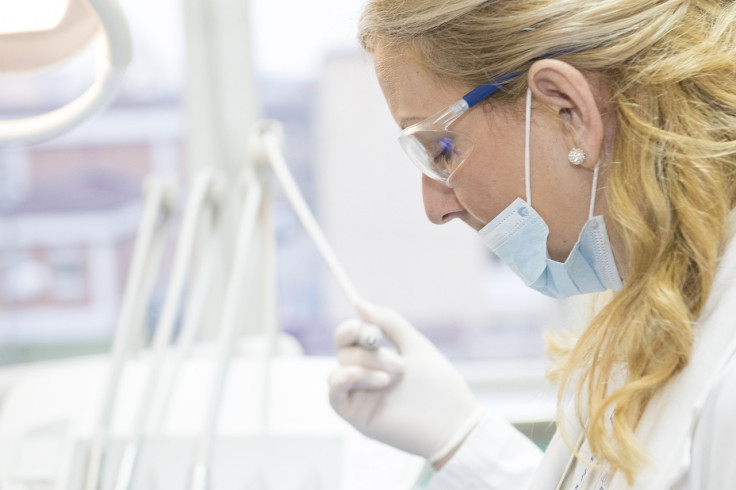Over 20% Of COVID Patients Treated With Paxlovid Suffer Virologic Rebound: Study

An antiviral drug, Paxlovid, used for treating severe symptoms of COVID-19 is linked with virologic rebound, a new study has found.
COVID rebound is a condition wherein after initial recovery and negative test, a patient either tests positive again, sheds live, potentially contagious virus or experiences the symptoms.
Over 20% of patients taking Nirmatrelvir-ritonavir therapy, commonly known as Paxlovid, suffer from the rebound, compared to less than 2% chance seen with other treatment groups, the Harvard Medical School study revealed. The results of the study were published in the journal Annals of Internal Medicine.
Paxlovid is an antiviral pill targeted to help COVID-19 patients who are at high risk of developing severe disease. The patients taking the treatment should start the medication within five days of experiencing symptoms.
Studies have shown that Paxlovid has been effective in reducing hospitalizations and deaths, but there have been reports of COVID rebound associated with the treatment.
"We conducted this study to address lingering questions about Paxlovid and virologic rebound in COVID-19 treatment. We found that the virologic rebound phenomenon was much more common than expected — in over 20 percent of people taking Paxlovid — and that individuals shed the live virus when experiencing a rebound, which means they may be contagious after initial recovery," said senior author Mark Siedner.
Researchers selected 142 patients from the Post-vaccination Viral Characteristics Study (POSITIVES), which follows patients with acute COVID-19. The participants were selected based on positive COVID-19 tests, medication prescriptions or physician referrals.
The team evaluated the symptoms, viral loads and lab culture results, and performed viral genome sequencing. Patients who exhibited two consecutive increases in viral loads in nasal swabs after previously testing negative were classified as cases of virologic rebound.
"The analysis showed that 20.8 percent of those who took Paxlovid experienced virologic rebound, while only 1.8 percent of those who did not take the drug had a rebound. Individuals with rebound also had prolonged viral shedding, for an average of 14 days compared with fewer than five days in those who did not experience rebound, indicating they may remain contagious for longer," the researchers said in a news release.
However, since it is an observational study, the researchers could not determine if the rebound is solely due to the antiviral drug.
They caution that the study should not discourage practitioners from prescribing Paxlovid, considering its effectiveness as a life-saving drug. But, patients taking the antiviral drug should know the risk of viral rebound and their chances of being contagious.
"Paxlovid remains a life-saving drug I prescribe to high-risk patients. This study, while informative, does not change the fact that this drug is very effective at preventing hospitalizations and death. Instead, it offers valuable insights to Paxlovid patients, helping them understand what to expect and how long they might be contagious," said co-senior author Jonathan Li.



























